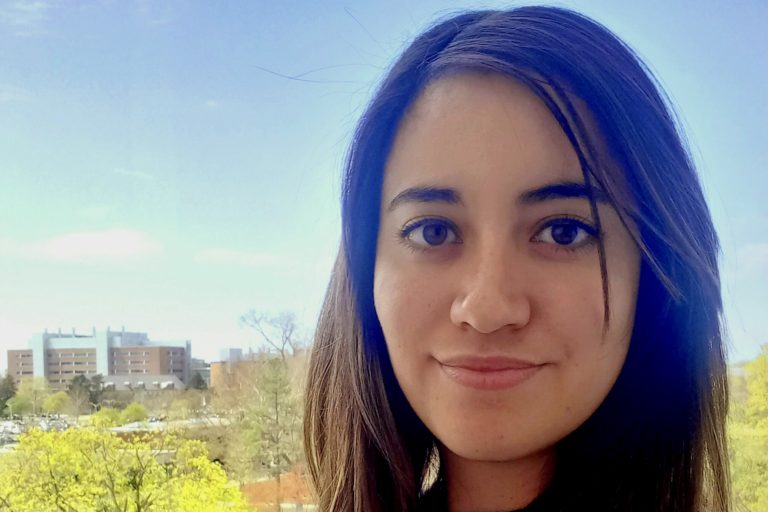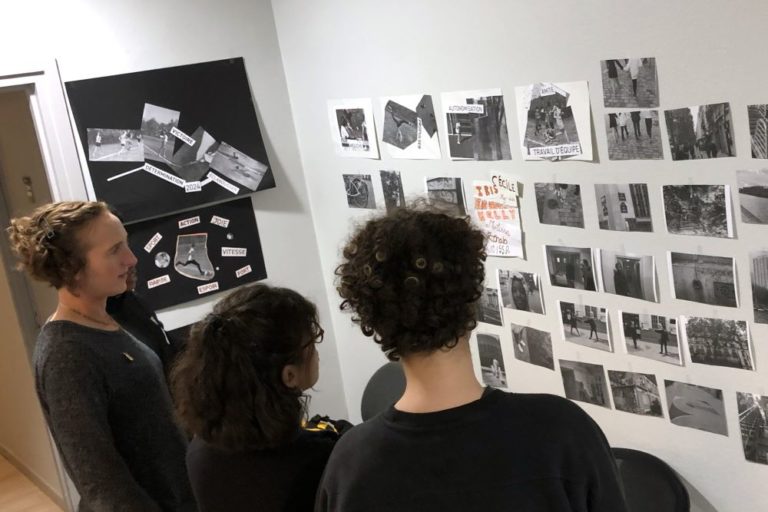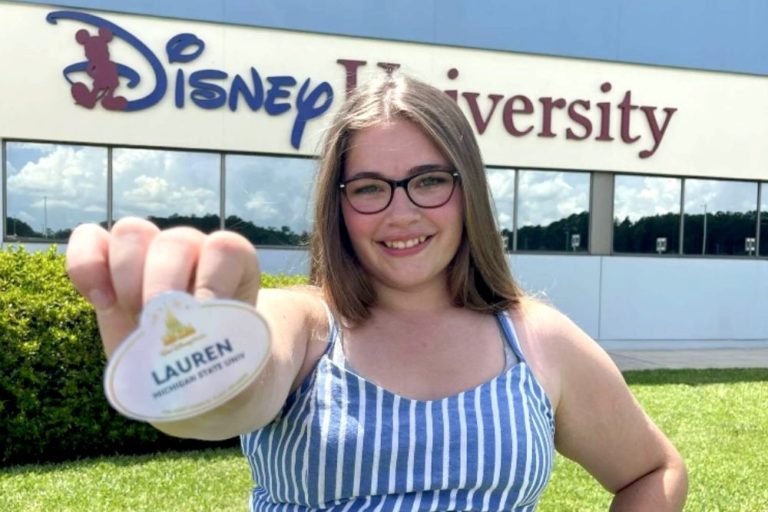Conceived through an imperative to reimagine the possibilities for public pedagogy, Forms of Freedom: The Art and Design of Black and Indigenous Creative Public Pedagogies is a two-year research collaboration between Black, Indigenous, and People of Color (BIPOC) artist collectives to exchange, learn, and create radical forms of artmaking and education.
Led by Ruth Nicole Brown, MSU Foundation Professor and Inaugural Chairperson of the Department of African American and African Studies (AAAS), and Emery Petchauer, Professor in MSU’s Department of English and Department of Teacher Education, the project was awarded a Racial Equity Research Grant (2021–2023) by the Spencer Foundation to “understand and disrupt the reproduction and deepening of inequality in education.”
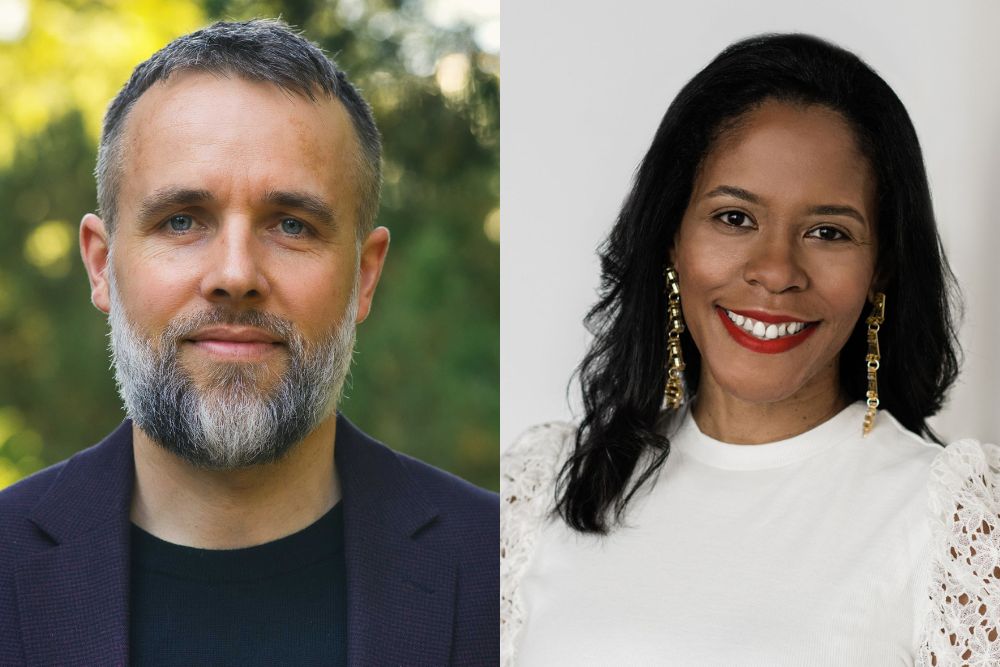
But in both its form and methodology, Forms of Freedom goes beyond the scope to give project partners a unique opportunity to interrogate and expand their educational justice practices and to form fruitful, long-term alliances with other artists and scholars engaged in this kind of work.
The project engages the work and practices of three creative public pedagogy collectives:
- The Aadizookaan in Detroit, which creates storytelling experiences guided by ancestral Indigenous-based knowledge systems.
- Fire in Little Africa, a multimedia hip-hop album and curriculum to educate Black young people on the 100-year legacy of the 1921 Tulsa, Oklahoma, massacre.
- Saving Our Lives, Hear Our Truths (SOLHOT), co-founded by Dr. Brown in 2006 in central Illinois, SOLHOT centers Black girlhood and celebrates the lives, experiences, and voices of Black girls and femmes.
“We’re co-thinkers, all of us; and we’re creating knowledge together,” Brown said. “What we’re trying to do is document — put words to — our distinctive processes that are ever-changing and evolving. ‘Mutual reciprocity’ and ‘integrity’ is language that comes up again and again in our discussions about creating community. How do we collectively insist on an ethos of thinking and being together when so much of the academy privileges the individual knower or the subject-object relationship? What we’re creating favors something that is more dynamic, more necessary, and that has greater impact. And it is in mutual recognition of the talents that we all bring to the table and share with each other.”
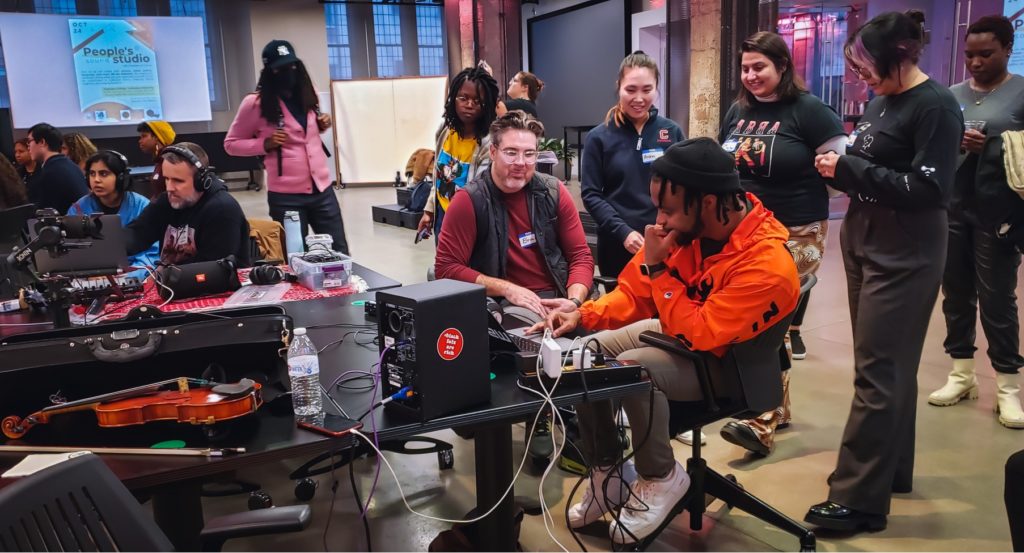
Forms of Freedom’s methodologies derive from, and are inspired by, the scholarship around collectivity originated by Black Studies as well as multiple ancestral, speculative, and embodied forms of cultural production, including Black participatory research approaches to case study and abolition. As project partners, each collective had input in the initial research proposal and, particularly in the first year, took turns designing and co-facilitating the virtual exchange sessions, which serve as the primary source for research insights.
Each session focuses on specific projects the collectives have each executed to disrupt racial inequities in BIPOC communities. They are also a space to discuss, share — and often make — art, music, and more.
“We’re co-thinkers, all of us; and we’re creating knowledge together. What we’re trying to do is document — put words to — our distinctive processes that are ever-changing and evolving”
Ruth Nicole Brown, MSU Foundation Professor and Inaugural Chairperson of AAAS Department
That includes Dr. Brown, who has written performance scripts, and Dr. Petchauer, who has created sonic compositions in response to the collectives’ often deeply personal exchanges. They both say that introducing their own artmaking to the group has allowed them to understand the project and its dynamics in a way they might not have otherwise.
While it would be easy to characterize the work of Forms of Freedom as “atypical,” Petchauer said, the collectives involved in the project have deep roots in their respective communities. Each collective has worked together for at least five years, the members have an organic structure for making art and decisions, and they regularly use their creative work to engage the public.
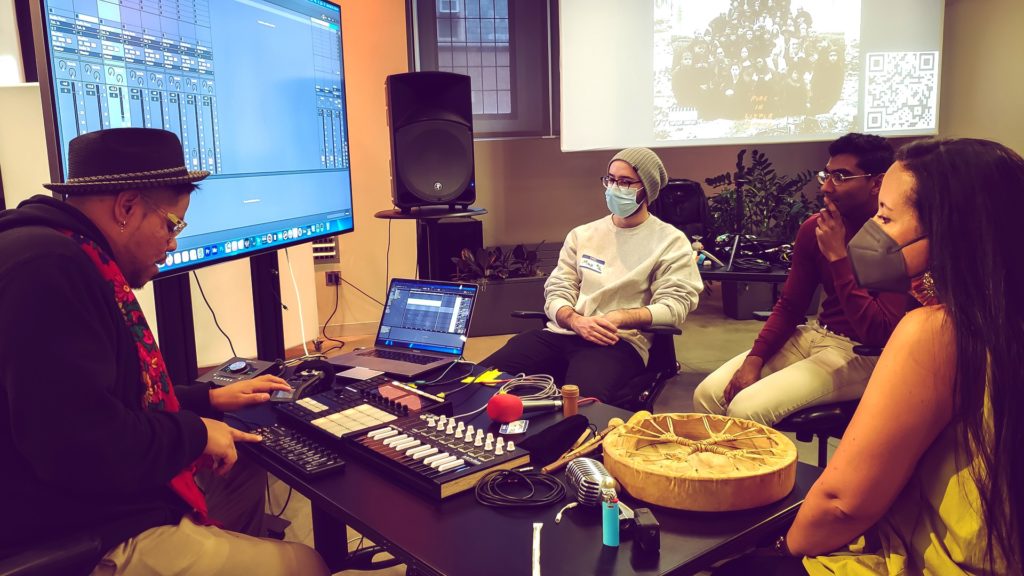
“It’s not a study of them, it’s a study with them,” he explained. “Each of us is equally invested in these questions about being and creating together.” Among such questions are: How do collectives evolve and sustain themselves over time? And how do their cultural products operate as radical forms of pedagogy?
“The primary research activity is the exchange sessions,” Petchauer said, “but we have designed them so that the information, strategies, insights, and arts that are exchanged in the sessions are going to have an impact beyond our findings and scholarship.”
“The primary research activity is the exchange sessions, but we have designed them so that the information, strategies, insights, and arts that are exchanged in the sessions are going to have an impact beyond our findings and scholarship.”
Emery Petchauer, Professor
Petchauer currently is a Visiting Scholar, during his sabbatical, at the Racial Literacy Project at Teacher’s College, Columbia University, where the collaborators held an open studio session for public attendees to collaborate with members of the collectives. He and Dr. Brown also curated a performance/teach-in this fall in conjunction with Teachers College Professor Bettina Love’s courses on hip-hop education and abolitionist teaching.
Organizations’ needs, ideas, and people change over time, says Jessica Robinson, a doctoral candidate at the University of Illinois, a 15-year organizer for SOLHOT, and a project partner. Forms of Freedom “allows the space to talk with other collectives who do intentional work around bringing people together to make a better today, tomorrow, and future. What we share is our creative approach to organizing ourselves and others, and that is worth the space to explore the impact of that, lessons learned, and dream some more.”
